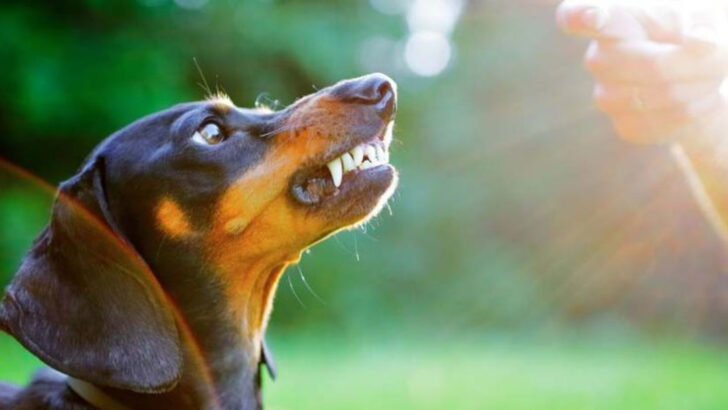Some dogs don’t growl before they bite. They skip the warning signs—no tail tuck, no teeth show—just a flash of teeth and it’s done. It’s not about being “bad dogs.” It’s about triggers, instincts, and misunderstood signals. These breeds aren’t monsters. But they are powerful, alert, and sometimes unpredictable. From watchdogs with lightning reflexes to high-strung pups that react without thinking, these 11 dog breeds have earned a reputation for sudden aggression. But behind every bite, there’s a reason. Let’s pull back the curtain and explore the “why” behind the behavior.
Chihuahua

Tiny yet mighty, the Chihuahua is a dog with a big attitude packed into a small frame. Known for their loyalty, these pint-sized pups can become aggressive if they feel their owner or territory is threatened. Their assertive nature can sometimes be misinterpreted as aggression, especially if they are not adequately socialized. Despite their size, Chihuahuas often believe they are bigger than they are, leading to situations where their courage overrides their common sense. Early training and socialization are key to managing their fiery disposition. Their bark is far worse than their bite, but caution is still advised.
Dachshund
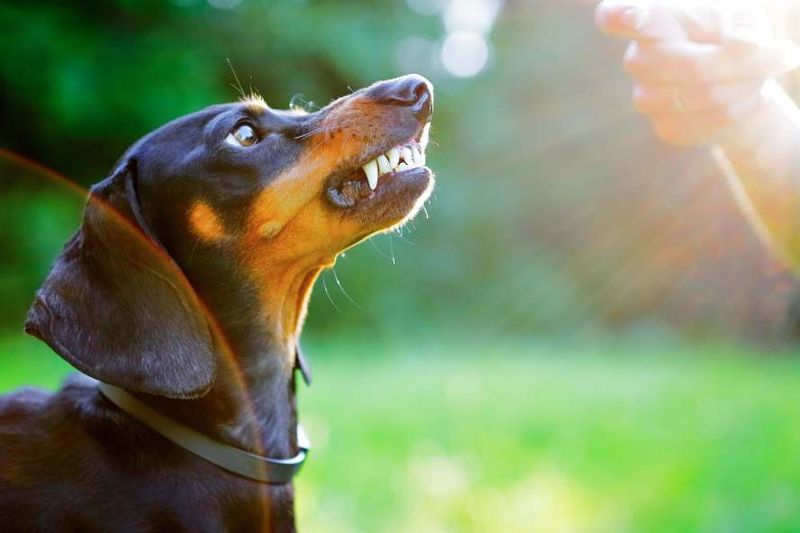
With a history as a hunting dog, the Dachshund’s determination and boldness are well-documented. These traits, however, can sometimes manifest as aggression, particularly when their hunting instincts are triggered. Their long bodies and short legs make them unique, but their temperament can be challenging without proper guidance. Dachshunds may exhibit sudden aggression if they feel cornered or scared, often surprising those unfamiliar with the breed. Consistent training and positive reinforcement can help in channeling their instincts positively. These spirited little dogs are as tenacious as they are charming.
Jack Russell Terrier
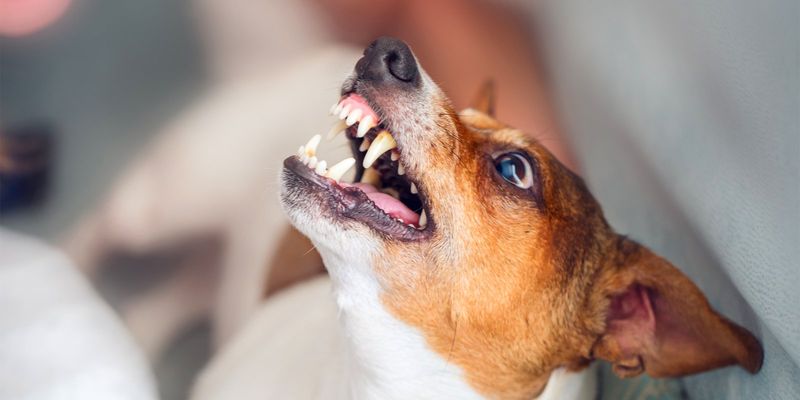
Energetic and quick-witted, the Jack Russell Terrier embodies the spirit of adventure. However, their high energy levels and intelligence can sometimes lead to aggressive outbursts if not properly managed. Known for their strong prey drive, they may react suddenly if they perceive something as a threat. Socialization from an early age plays a crucial role in shaping their personality, ensuring they remain friendly and approachable. Their lively nature can be a joy, but requires experienced handling to prevent unwanted behaviors. These feisty terriers need a lot of stimulation to keep aggression at bay.
Rottweiler
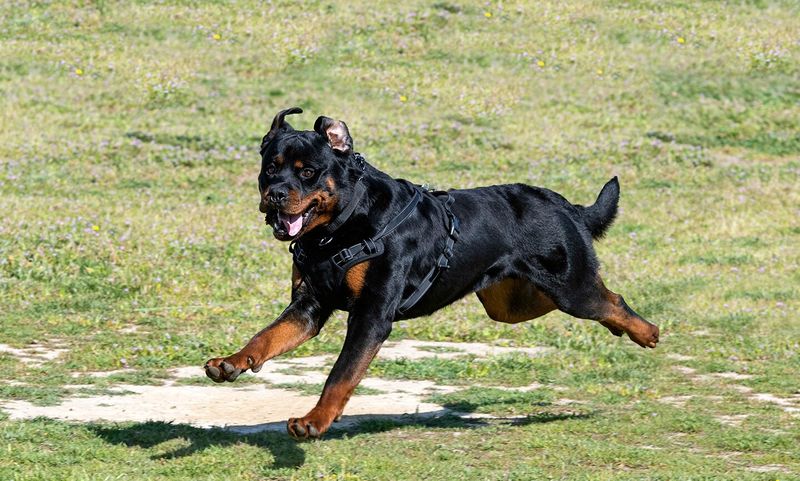
Imposing and strong, the Rottweiler is a breed that commands respect. Originally bred as working dogs, they possess a natural protectiveness that can sometimes be mistaken for aggression. Without proper socialization and training, their size and strength can make them a formidable challenge. Rottweilers are highly loyal, forming strong bonds with their families, which can lead to overprotective behaviors. Consistency in training is vital to ensure their loyalty doesn’t turn into unwanted aggression. With the right guidance, they can be gentle giants, staunchly devoted to their loved ones.
Doberman Pinscher
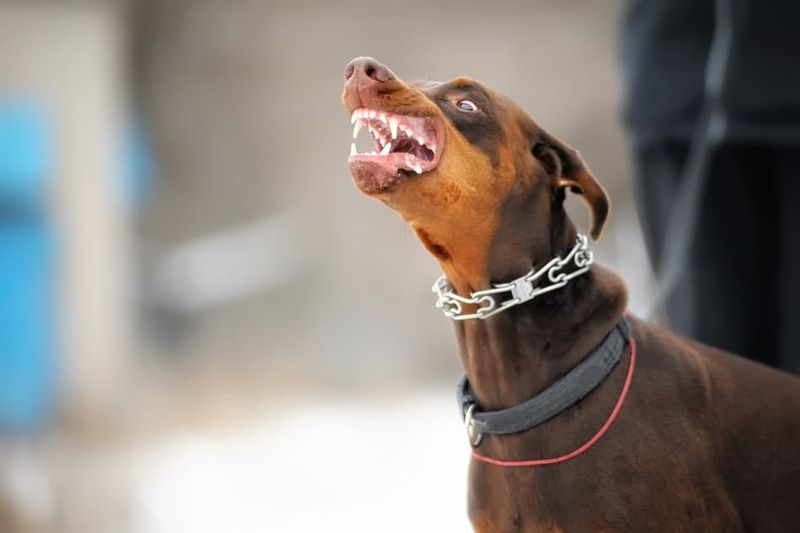
Known for their sleek coats and intimidating stance, Doberman Pinschers are both intelligent and loyal. This breed was originally developed for protection, leading to their sharp alertness and sometimes sudden aggression.
Their aggression often stems from a strong protective instinct, especially towards their family. Socialization and training from a young age are crucial to channel their energy positively.
Despite their reputation, Dobermans can be loving companions when handled with patience and care. Their loyalty is unmatched, making them incredibly devoted to those they trust. Such traits require an experienced owner to manage effectively.
Bullmastiff
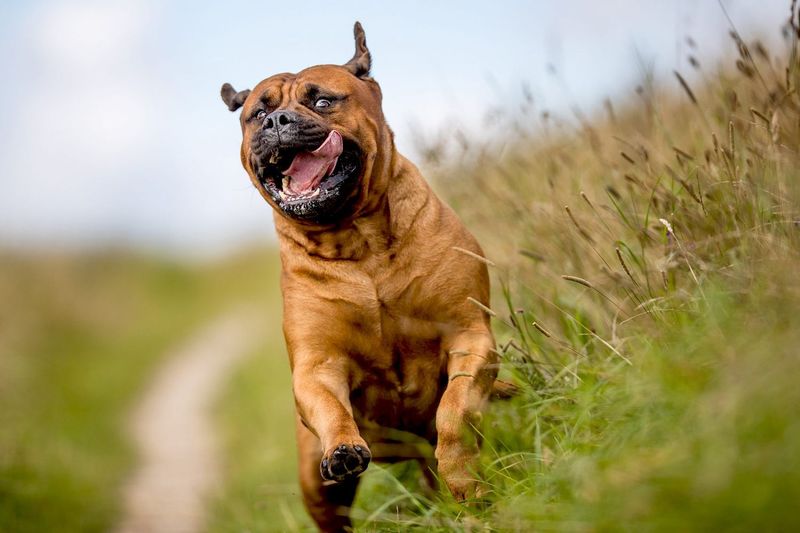
Bullmastiffs are gentle giants, yet their size belies their potential for aggression if not trained properly. Originally bred to guard estates, they are naturally protective.
Their loyalty to their families is immense, leading to defensive behavior towards perceived threats. However, with appropriate training, they are calm and affectionate pets.
These dogs thrive in loving, structured homes where they can feel secure. Their presence is both commanding and comforting, making them ideal companions for those who appreciate their protective instincts.
Weimaraner
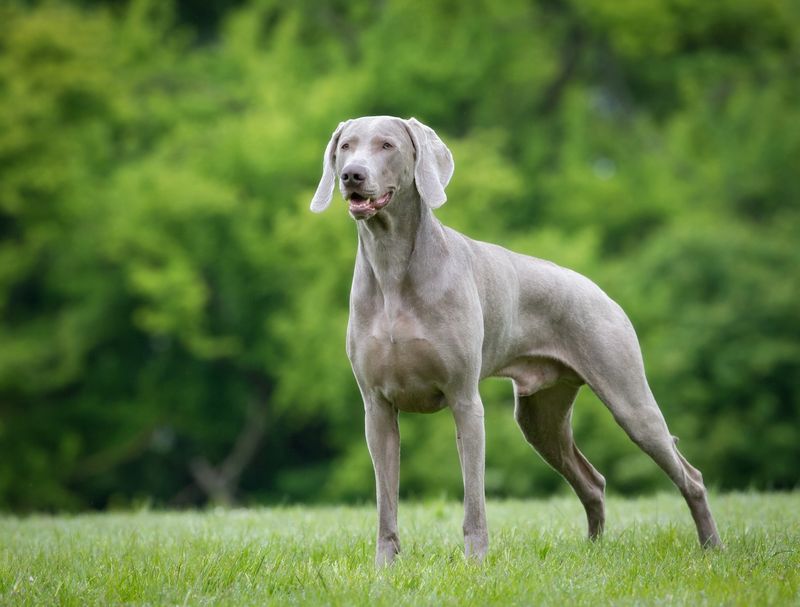
Weimaraners, with their striking silver coats, are known for their boundless energy and intelligence. Originally bred for hunting, they require lots of physical activity to stay balanced.
Their aggressive tendencies often arise from boredom or lack of exercise. Adequate mental stimulation and consistent training are essential to manage their behavior.
When their needs are met, Weimaraners are loving and loyal, forming strong bonds with their families. Their spirited nature makes them lively companions for active households.
Cocker Spaniel
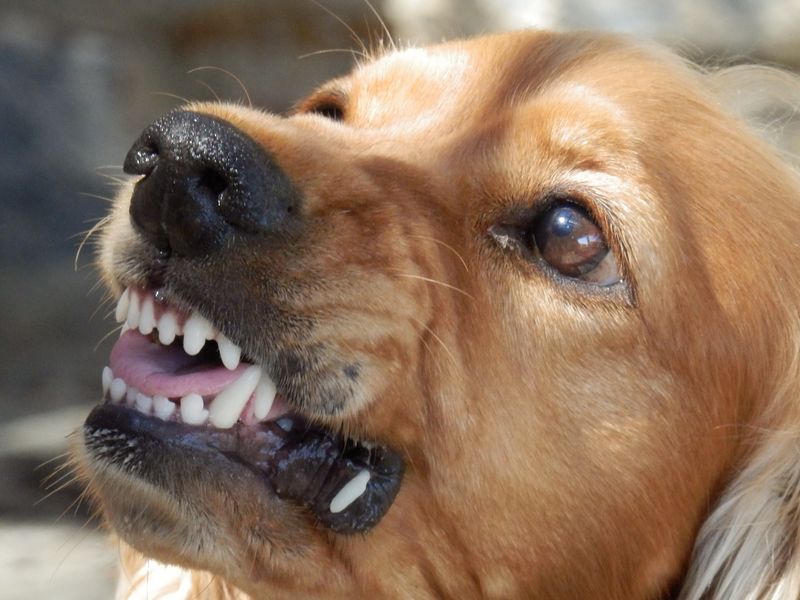
With their big, soulful eyes, Cocker Spaniels are often viewed as gentle companions. However, beneath their friendly exterior, they can exhibit sudden aggression. This behavior sometimes stems from mishandling or lack of socialization.
Historically bred as hunting dogs, they may react unpredictably when startled or anxious. As puppies, early training and positive reinforcement are crucial to help mitigate these tendencies.
Owners should be aware of their dog’s triggers to prevent aggressive outbursts. Despite this, with patience and understanding, Cocker Spaniels can still make loyal and affectionate pets.
Australian Cattle Dog
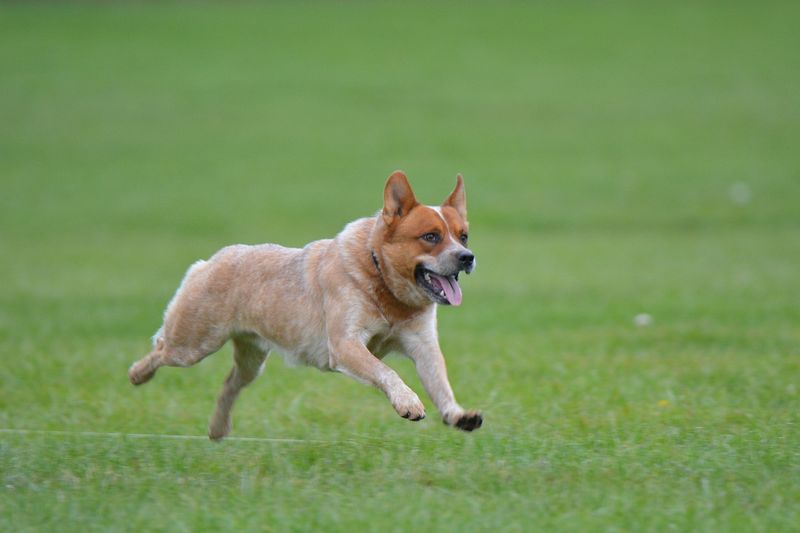
Australian Cattle Dogs, also known as Blue Heelers, are renowned for their intelligence and herding capabilities. Their strong work ethic can sometimes translate into a stubborn streak, leading to aggressive tendencies if they are not mentally stimulated.
These dogs thrive on tasks and need a purpose to channel their energy. Without adequate supervision, their natural herding instincts can lead to nipping behaviors.
Fun fact: This breed’s lineage includes the wild Dingo, which contributes to their tenacious nature and distinctive appearance.
Belgian Malinois
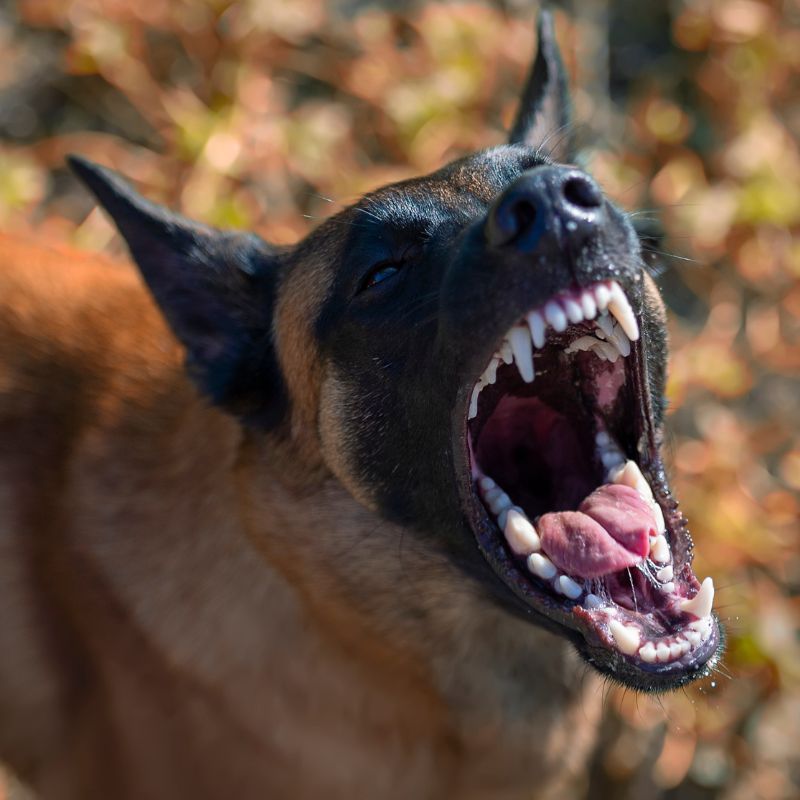
The Belgian Malinois is a favorite among police and military forces for its keen intelligence and agility. Their loyalty and protectiveness can sometimes manifest as aggression, especially without proper training.
Highly energetic, they require constant activity and engagement. A lack of these can lead to frustration and unpredictable behavior.
Did you know? The breed’s versatility makes them excellent at search and rescue missions, showcasing their ability to work in various environments and conditions.
Shiba Inu
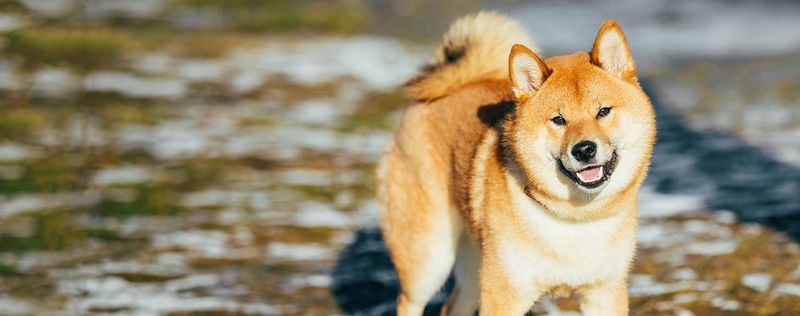
The Shiba Inu, with its fox-like appearance and spirited personality, is known for its independence. This breed’s aloof nature can sometimes be mistaken for aggression, especially towards strangers.
They require consistent training to manage their strong-willed temperament. Early socialization is key to ensuring they integrate well into various environments.
Fun fact: Shiba Inus are one of the oldest and smallest native Japanese dog breeds, known for their agility and keen senses.

